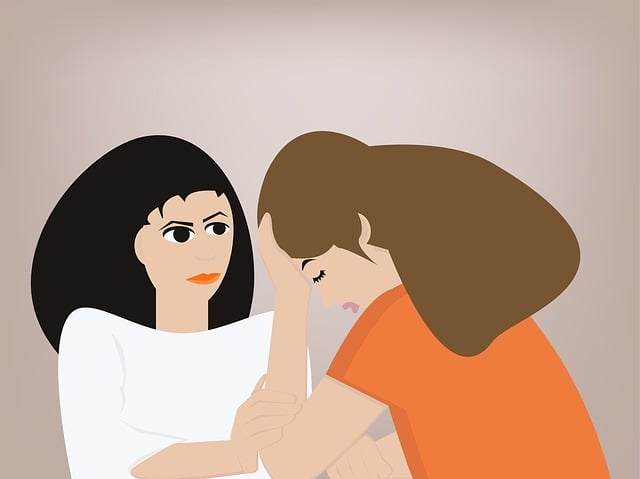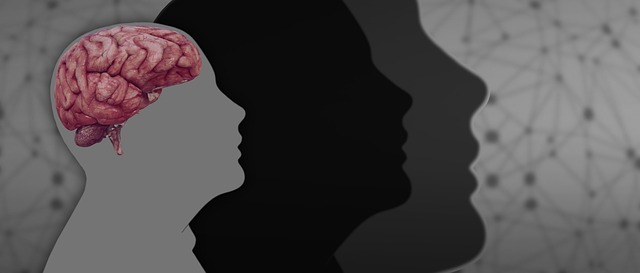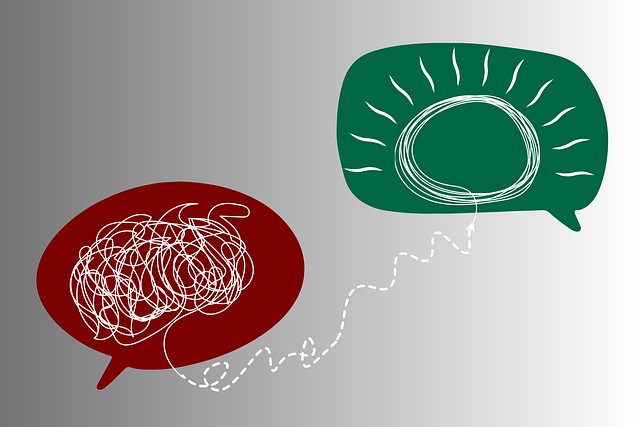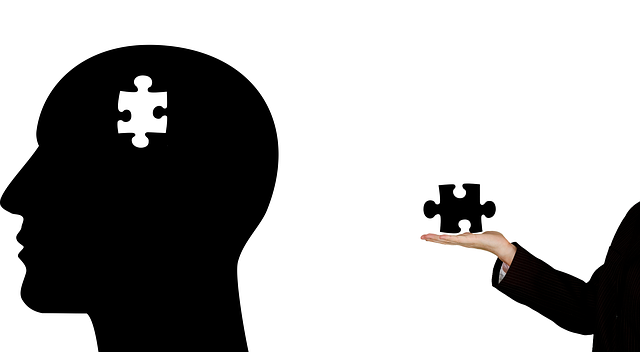Mental illness diagnoses require a nuanced approach, considering biological, psychological, and social factors. Traditional methods may overlook critical aspects, making Lone Tree Interpersonal Issues Therapy a valuable addition to mental healthcare. This therapy focuses on interpersonal dynamics, addressing hidden issues that influence symptom presentation and perception. By enhancing self-awareness through techniques like stress management and mindfulness, it improves diagnostic accuracy and patient outcomes. Incorporating this approach into clinical practice promotes cultural sensitivity, holistic healing, and effective crisis intervention, empowering therapists to provide personalized care and foster long-term resilience.
Mental illness diagnosis accuracy has long been a subject of concern, with many challenges stemming from complex symptoms and individual experiences. This article explores strategies to improve diagnostic precision, focusing on the significant role of interpersonal issues in mental health assessments. We discuss how therapy techniques, particularly Lone Tree Interpersonal Issues Therapy, can enhance clinical judgment by addressing relationship dynamics that often impact mental well-being. By integrating these insights into practice, healthcare providers can achieve more accurate diagnoses and tailor effective treatment plans.
- Understanding Mental Illness Diagnoses and Their Complexities
- The Role of Interpersonal Issues in Diagnosis Accuracy
- Therapy Techniques to Enhance Diagnostic Clarity
- Integrating Lone Tree Interpersonal Issues into Clinical Practice
Understanding Mental Illness Diagnoses and Their Complexities

Mental illness diagnoses are complex, requiring a nuanced understanding of an individual’s unique experiences and symptoms. Each person’s mental health journey is shaped by a multitude of factors, including biological, psychological, and social elements. Traditional diagnostic methods often rely on standardized questionnaires and clinical interviews, which, while valuable, may not always capture the full spectrum of an individual’s internal struggles. This complexity is further amplified by the diverse cultural backgrounds of those seeking help, underscoring the importance of cultural sensitivity in mental healthcare practice.
Effective diagnosis requires open communication strategies that encourage individuals to share their personal stories. By fostering a safe and supportive environment, therapists can help clients feel heard and understood. Incorporating mind over matter principles—empowering individuals to challenge negative thought patterns—can complement traditional therapy techniques, as it promotes self-awareness and resilience. For instance, Lone Tree Interpersonal Issues Therapy leverages these strategies to navigate complex interpersonal relationships, ultimately enhancing diagnostic accuracy and patient outcomes.
The Role of Interpersonal Issues in Diagnosis Accuracy

Interpersonal issues play a significant role in the accuracy of mental illness diagnoses, often influencing how symptoms manifest and are perceived. In many cases, individuals struggling with mental health challenges may exhibit subtle changes in behavior or mood, which can be easily overlooked in a clinical setting. These interpersonal factors, such as social isolation, strained relationships, or workplace stress, can exacerbate existing conditions or trigger new ones. For instance, someone who experiences chronic loneliness might internalize their feelings, presenting with anxiety or depression rather than more observable signs of anger or aggression.
Addressing these underlying interpersonal issues through therapy, like that offered at Lone Tree Interpersonal Issues Therapy, can significantly enhance diagnosis accuracy. Therapists skilled in identifying and navigating interpersonal dynamics can help clients uncover the root causes of their mental health struggles. By incorporating techniques such as stress management workshops and promoting self-care routines for better mental health, therapists empower individuals to manage their emotional well-being more effectively. This holistic approach ensures that diagnosis and treatment are tailored to each person’s unique circumstances, leading to more effective long-term outcomes.
Therapy Techniques to Enhance Diagnostic Clarity

In the pursuit of enhancing mental illness diagnosis accuracy, various therapeutic techniques play a pivotal role in clarifying symptoms and improving assessment methods. One such notable approach is Lone Tree Interpersonal Issues Therapy, which focuses on unravelling complex relationships and personal dynamics that often contribute to mental health disorders. By employing conflict resolution techniques within this framework, therapists can help individuals identify and address underlying interpersonal issues that may be masking or complicating diagnosis.
Furthermore, integrating Mental Wellness Coaching Programs Development and Mindfulness Meditation into therapeutic practices offers additional benefits. Mindfulness exercises enhance self-awareness, enabling individuals to recognize subtle changes in their emotional states and provide valuable insights for diagnosticians. These techniques, when combined with coaching programs designed to foster personal growth and coping strategies, can lead to more comprehensive assessments and improved diagnostic clarity, ultimately benefiting the overall mental wellness of individuals seeking treatment.
Integrating Lone Tree Interpersonal Issues into Clinical Practice

Incorporating Lone Tree Interpersonal Issues Therapy into clinical practice represents a significant advancement in mental healthcare. This approach recognizes that many individuals struggle with interpersonal challenges that significantly impact their mental well-being, often overlooked in traditional therapy models. By addressing these Lone Tree Interpersonal Issues, therapists can facilitate more holistic healing and personalized care. The integration of this therapy promotes Cultural Sensitivity in Mental Healthcare Practice, ensuring diverse patient populations feel understood and supported.
Effective crisis intervention guidance and communication strategies are essential components of this process. Therapists learn to navigate complex interpersonal dynamics with empathy and skill, providing immediate relief during crises and fostering long-term resilience. This approach not only enhances the accuracy of mental illness diagnoses but also improves patient outcomes by empowering individuals to navigate their interpersonal challenges more effectively.
Mental illness diagnosis accuracy is a multifaceted challenge that requires a deep understanding of both clinical symptoms and interpersonal factors. By integrating Lone Tree interpersonal issues therapy techniques into clinical practice, professionals can enhance diagnostic clarity and improve patient care. This approach acknowledges the complex interplay between mental health symptoms and social dynamics, ensuring more nuanced and effective evaluations. Through continuous efforts to refine diagnosis processes, healthcare providers can better support individuals navigating their mental health journeys.














